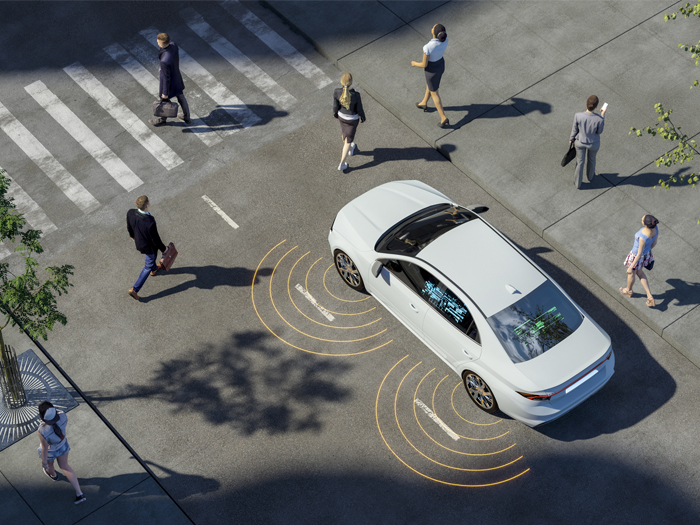Urban Insights
Exploring the pulse of modern cities.
When Cars Drive Themselves: The Good, The Bad, and The Road Untraveled
Explore the future of self-driving cars! Discover the pros and cons of automation and the road ahead in our must-read blog.
Exploring the Future: How Autonomous Vehicles Could Change Our Lives
As we delve into the future, autonomous vehicles promise to revolutionize our daily lives in ways we are just beginning to understand. These self-driving cars are equipped with advanced technologies that allow them to navigate and make decisions without human intervention. Imagine a world where your morning commute is no longer a source of stress; instead, you can use that time to catch up on work, read a book, or simply relax. With the potential to reduce traffic accidents and improve efficiency on the roads, autonomous vehicles could significantly enhance our commuting experience.
Moreover, the societal impacts of autonomous vehicles are immense. For instance, they could transform urban planning by minimizing the need for extensive parking spaces, allowing cities to repurpose those areas for parks and community spaces. Additionally, these vehicles could provide mobility solutions for the elderly and disabled, fostering greater independence and accessibility. As we explore this exciting frontier, it’s crucial to consider both the challenges and opportunities that autonomous vehicles bring to our society, paving the way for a safer, more efficient, and inclusive future.

The Ethics of Self-Driving Cars: Who’s Responsible in an Accident?
The rise of self-driving cars has opened a Pandora's box of ethical dilemmas, particularly concerning responsibility in the event of an accident. When a traditional vehicle is involved in a collision, the accountability typically falls on the human driver. However, with autonomous vehicles, the question shifts: is it the manufacturer, the software developer, or the owner of the vehicle that should bear the responsibility? According to an ongoing debate, if an accident occurs due to a malfunction in the vehicle's artificial intelligence, should the blame lie with the automaker for not ensuring the safety of their product, or does the driver have a responsibility to stay alert and intervene when necessary?
Further complicating the issue is the role of algorithmic decision-making in critical situations. For instance, if a self-driving car must make a choice between two harmful outcomes—say, hitting a pedestrian or swerving and endangering its occupants—who decides the course of action? This uncertainty raises the ethical question of how much weight should be given to different lives in split-second decisions. As self-driving technology continues to advance, lawmakers, ethicists, and tech developers must collaborate to establish frameworks that clearly define accountability and ethical considerations, ensuring a balanced approach to safety and liability in the age of autonomous vehicles.
The Environmental Impact of Autonomous Vehicles: A Double-Edged Sword?
The rise of autonomous vehicles has stirred a significant debate regarding their potential environmental impact. On one hand, these vehicles could contribute to reduced emissions by optimizing driving patterns, thereby increasing fuel efficiency. Studies suggest that with improved route planning and reduced congestion, autonomous cars can lower greenhouse gas emissions significantly. Furthermore, increased use of electric vehicles (EVs) in automated fleets could lead to a decrease in reliance on fossil fuels, promoting a cleaner, more sustainable environment.
On the other hand, the environmental impact of autonomous vehicles may not be entirely positive. The convenience of self-driving cars could encourage more people to opt for personal vehicle use over public transportation, potentially leading to increased traffic congestion and higher overall emissions. Additionally, the production and disposal of autonomous vehicles may contribute to environmental degradation, especially if sustainable manufacturing practices are not prioritized. Thus, while autonomous vehicles present opportunities for environmental benefits, careful consideration and strategic planning are essential to mitigate their potential negative consequences.